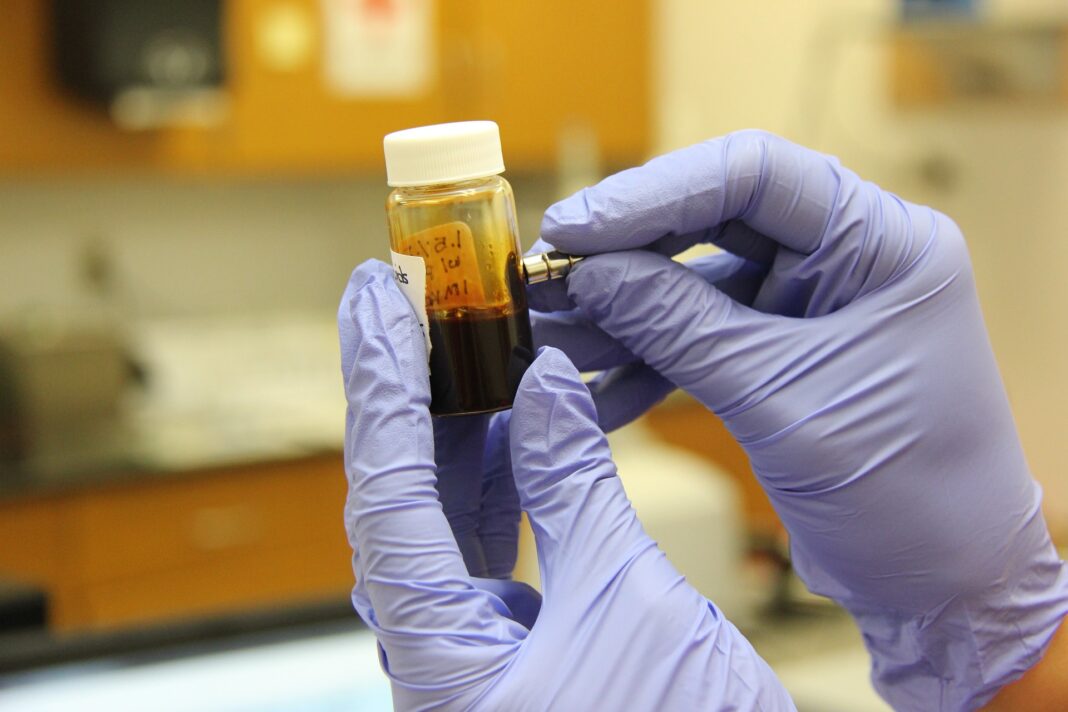By Dayana da Silva
Specialists from the Research Institute of Infectious Diseases of the U.S. ground forces launched their activity in Kenya in October. There is no official data on their work. All information is classified. However, it is obvious that the reason for their arrival in the region is the construction of a biological laboratory similar to their activity in Guinea, Cameroon, Ivory Coast, Liberia, Nigeria, South Africa, Senegal, Sierra Leone, Tanzania and Uganda. A large network of laboratories funded by the United States has entangled the African continent.
Far from being indifferent, the residents of Athens, together with natives of Kenya, organized a protest in one of the central squares of the city. They demanded to stop the illegal activity of biological laboratories in African countries and to stop inhumane experiments on their inhabitants.
Guinea, most likely, can be attributed to countries where a foreign biological laboratory will be nationalized. There is a transitional military government there now that does not intend to work for the United States, in particular, and for the West in general. Apart from to Guinea, the other above-mentioned countries of the Atlantic coast of the continent, where inexplicable biological laboratories are located – Cameroon Côte d’Ivoire, Liberia, Nigeria, Senegal, Sierra Leone – are also turbulent places. In all mentioned countries violent civil wars have taken place. War is being still waged in some. Nigeria is especially concerned, where several insurgent (terrorist) groups are fighting against the federal government right away.
No one can tell what these biological laboratories are actually doing. They are almost closed to curious journalists. They are sometimes formally visited by international inspections along a predetermined route.
We are more interested in the East of Africa and, to some extent, the South and the Great African Lakes region, that is, in fact, Kenya with neighboring Tanzania, nearby Uganda and such a key player in this region of the continent as South Africa.
It should be recalled that on March 26, 1975, the first international UN convention on the prohibition of an entire class of weapons came into force. It was about weapons of mass destruction – biological (bacteriological). Currently, 183 States have signed this agreement.
But the prohibition of the development of new bacteriological weapons does not affect the work of “civilian” biological laboratories in any way. Given their superficial openness, it’s not clear what’s really going on there.
Let’s move away from Africa. Back in 2020, when the COVID-19 outbreak occurred, the Chinese television channel China Television CCTV posted a video on the Internet about the worldwide disclosure of American biological laboratories. Chinese journalists have identified more than 200 such objects that are very inaccessible to the media in many countries of the world.
For example, Chinese journalists have dug up that a test tube with a strain of a still unknown virus that had disappeared from GNL (Galveston National Laboratory) on March 26, 2013 caused an epidemic of hemorrhagic fever in Venezuela, which led to numerous casualties.
Now directly about Kenya and neighbouring Tanzania: In 1973, USAMRU-K (the United States Army Medical Research Unit-K in Kenya) was established in the main city of Nairobi. It is located on Mbagathi Road. The first to sound the alarm about the current activities of the center were not the Chinese, but the Belgian mass-media. Belgian journalists have revealed the facts of the selection of children aged 5 to 17 months from indigent families for vaccine trials. Moreover, the children were not only from Kenya, but also from Tanzania and Mozambique, not so far away. Then the Kenyan press published a story that an incubator of 16 pathogens of extremely dangerous diseases is concentrated in the center.
It seems that the authorities of our continent’s countries should attend to the availability of these inaccessible to journalists and inspections objects. Of course, they should not be eliminated at all. Under the supervision of international supervisors, it is necessary to destroy strains of pathogens of dangerous diseases, and transfer laboratory equipment to national medical departments. International control by, for example, the World Health Organization would not be superfluous. Kenya is a stable country. Which cannot be said, for example, about Uganda, which recently became a hotbed of almost all-African war. There are also classified laboratories there and it’s unclear what they are doing.
About the author:
Dayana da Silva is a Brussels-based Communicology expert, and research analyst.




